Home / Handy Tips /
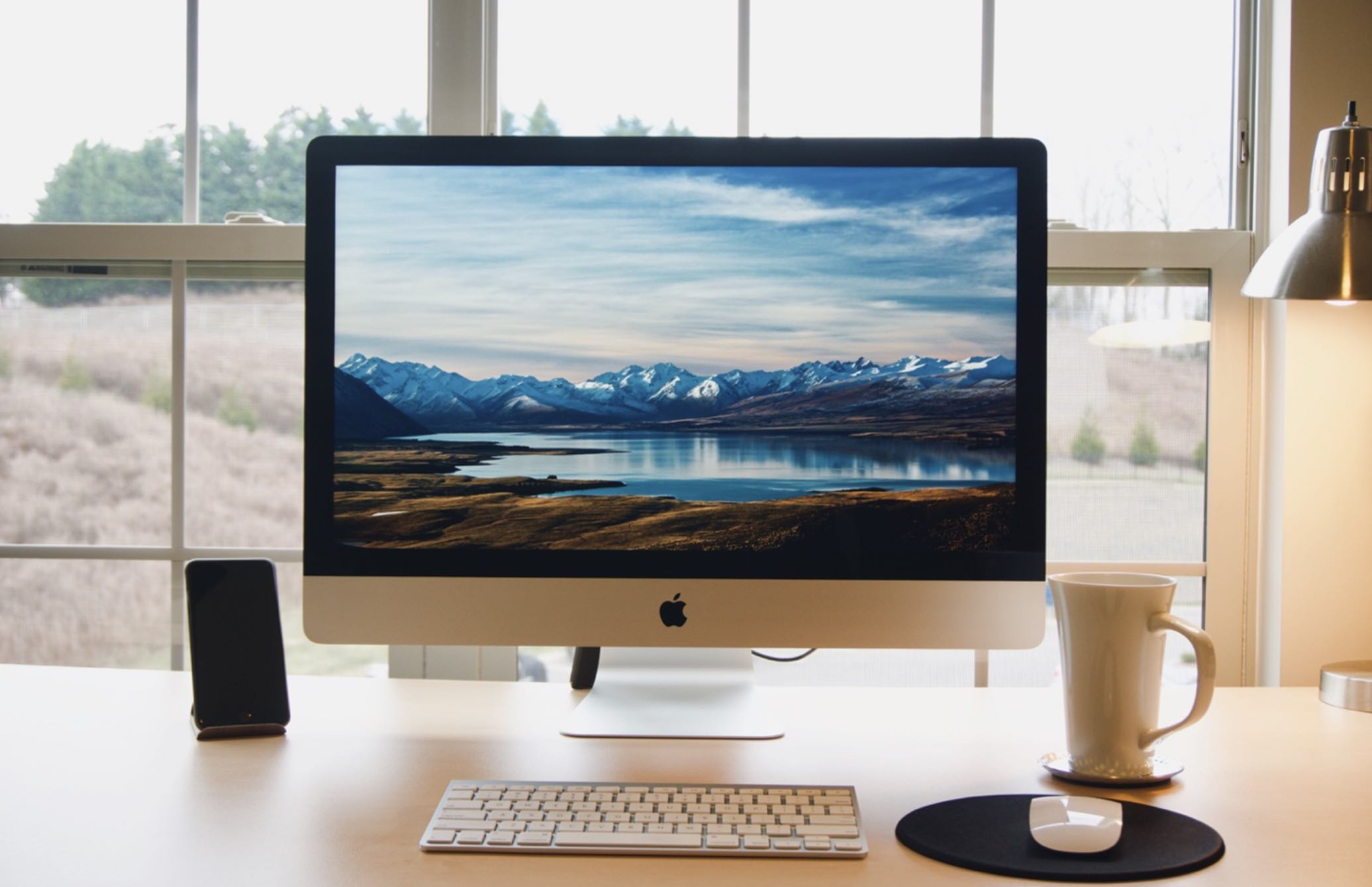
Has your iMac, MacBook, or MacBook Pro become frustratingly slow? Are you having trouble performing everyday tasks? Are you sick and tired of the infuriating rainbow pinwheel? Well, we’ve got some good news.
Most of the time, there’s no need to fork out the cash for a whole new device. Instead, you can speed up your Mac computer right now using the tips below. Ready? Let’s get straight into it.
1. Check how much free space you have
Over the years, most computer users accumulate thousands and thousands of files, the majority of which are completely useless. These take up a significant amount of space of your computer’s hard drive, and a full hard drive results in poor performance.
It’s a good idea to check how much free space you have left before trying the other tricks and tips listed here. To find out, head to Apple > About This Mac > Storage. Here, you’ll see how much space your computer is using – it’ll look something like this.
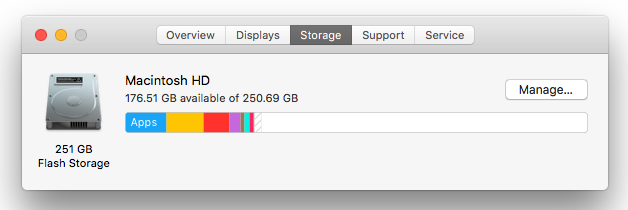
If your computer’s storage is almost full, take note of what’s taking up the most space. Now, it’s time to start deleting.
2. Delete apps you don’t use
Apps take up a substantial amount of space, fill your storage and causing slow performance. Take the time to go through your apps and delete those that you don’t use. Remember, you can always re-download apps if you need them again in the future.
The easiest way to remove applications from your computer is to click Manage… in the storage window we mentioned in tip one. From there, select Applications in the side menu. Here, you’ll see a list of all the applications installed on your device – to make things easier, sort the apps by size.

You’ll most likely spot a few apps that you downloaded last year, and just never use. Now’s the time to remove them. To do so, hover your cursor over the app, and click the cross. You may be prompted to enter your password or use Touch ID.
3. Remove clutter and large files
The next step is to tackle clutter and large files. Underneath the Applications tab, click Documents. Then, select Large Files at the top of the window. Here, you’ll see files that are taking up significant space on your device. If possible, delete these.
Continue this process by selecting iBooks, iTunes, Messages, and so on.
After you’ve dealt with larger files, you might like to go back over each menu item and look over each and every file. This can be time-consuming, but if your Mac is super slow, it’ll be worthwhile.
4. Remove start-up items
Does your Mac take a really long time to boot up? You could have too many applications set to open as soon as your computer is turned on. To check, head to System Preferences > Users & Groups. Then select the Login Items tab.
Here, you’ll see a list of apps that open automatically on start up. To prevent these apps from opening, click on the app. Then, hit the minus (-) button. This won’t delete the app off your computer.
5. Is everything up-to-date?
Apple and other software companies (such as Microsoft and Adobe) regularly issue application and operating system updates. Not only do these introduce new features and functionalities, but they also protect your device from security weaknesses.
To check if your apps and operating system are up to date, head to the Mac App Store and click Updates.
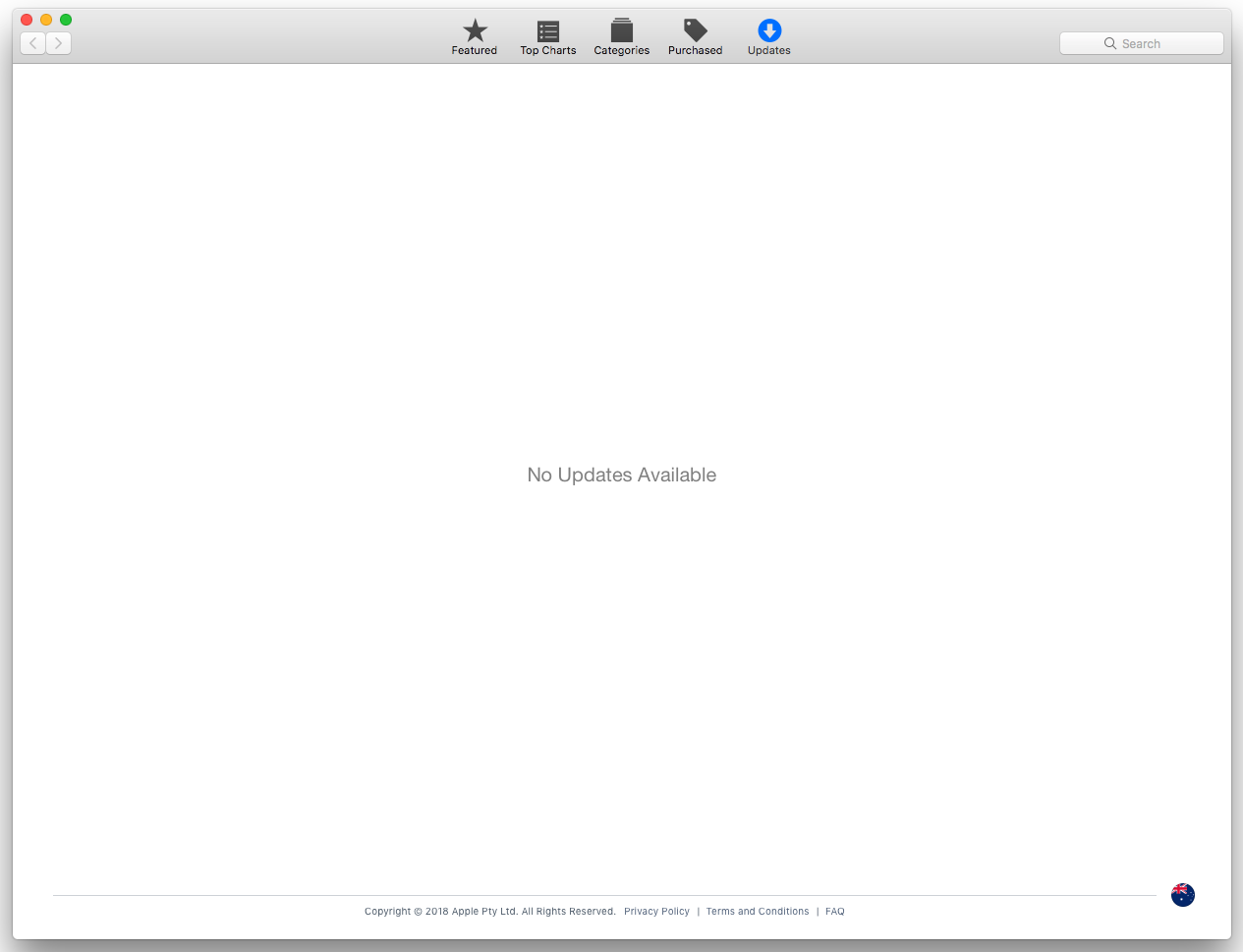
Install any updates. To make things easier in the future, turn on automatic updates. Click App Store > Preferences from the top menu.
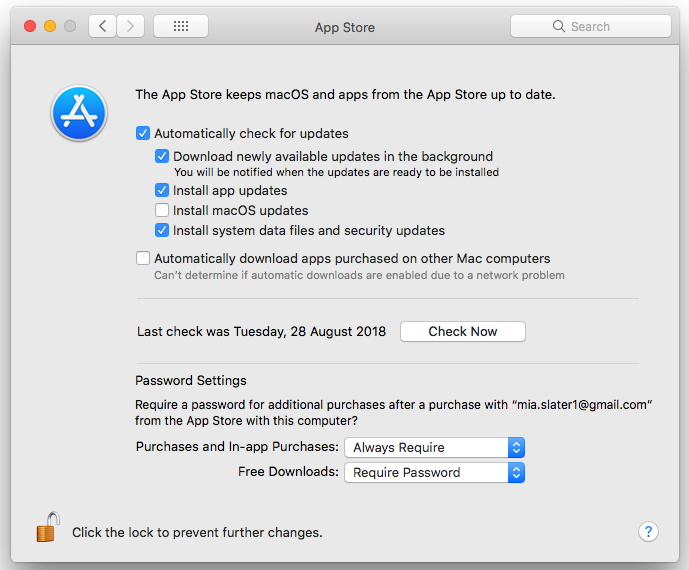
Then, check all boxes under Automatically Check for Updates.
Need professional help with your Mac?
If you’ve tried to speed up your Mac computer using the tips above without luck, we can help. The technicians at Computer Cures are Mac experts. We can troubleshoot complex issues, and get your computer performing as fast as possible. Get in contact today on 1300 553 166 or fill out the form on this page, and we’ll get back to you. Read more about our iMac SSD upgrade services.

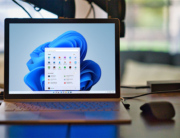
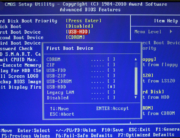
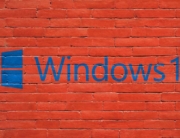



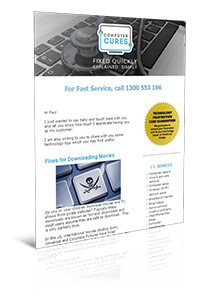
Leave A Comment